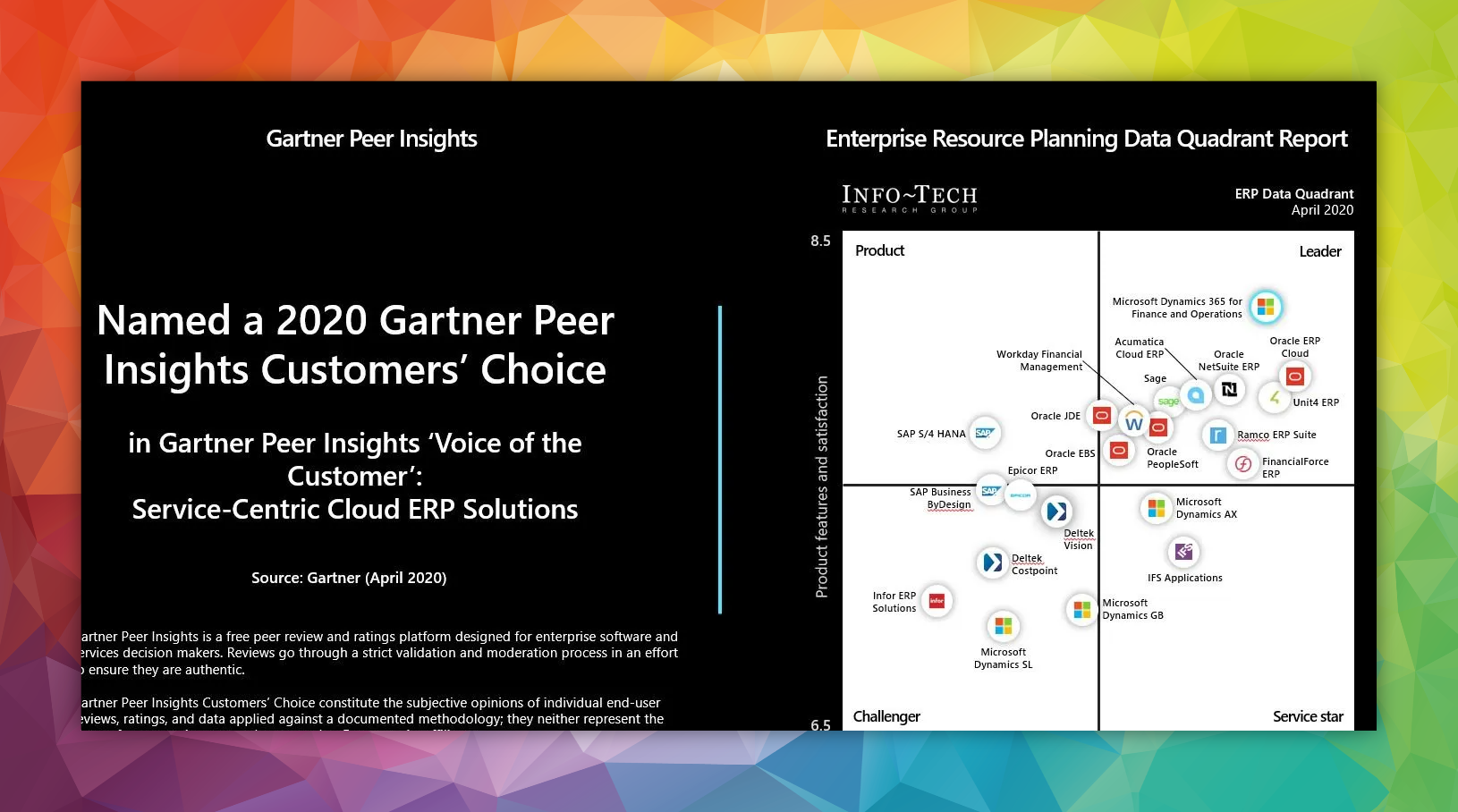Business Solutions
Organizations often rely on 4 pillars: digital commerce, data analytics, business solutions and modern workplace.
Each has its own area and importance to the organization. Business solutions supports the processes of the organization, whether they are CRM processes or ERP or customer specific business processes.
Integrated digital commerce and good data & analytics ensure an optimal customer experience and provide the right insights to control the process
In addition to ERP and CRM systems, we see many other solutions that are integrated into the business platform, such as many online services and also low code solutions
In order to respond quickly, Apps are often built that support a certain process. Nowadays this can be done faster due to the emergence of Low code platforms that are well integrated with the other platforms.
The 4 pillars of digital companies
Digital commerce
E-commerce solutions such as web shops, market places and apps. Point of Sale and other digital points of sale.
Data & Analytics
Data from external sources, data platform and web is becoming increasingly important for predictive analytics and more determining for the management of companies
Business Solutions
Business solutions such as ERP, CRM, but also low-code platforms that work with data from the data platform and ERP / CRM
Modern workplace
Modern workplace from office in the cloud, communication from meeting to webinar and content sites and management
Microsoft Dynamics 365
Gartner's magic quadrant report lists the major players in ERP
Every year there is an update of the ERP quadrant in which the different suppliers are placed side by side.
Among other things, the market share and growth are being researched. What functionality is offered and thus how complete the solution is. The innovative strength of a supplier is also considered.
It is visible how Microsoft is a clear leader with Dynamics 365 for Finance and Operations. Oracle with ERP cloud and Oracle Netsuite are also well represented in the quadrant as is Unit 4 ERP.
Not all ERP systems manage to meet the various criteria under which Gartner evaluates suppliers to be featured in the Gartner magic quadrants.







